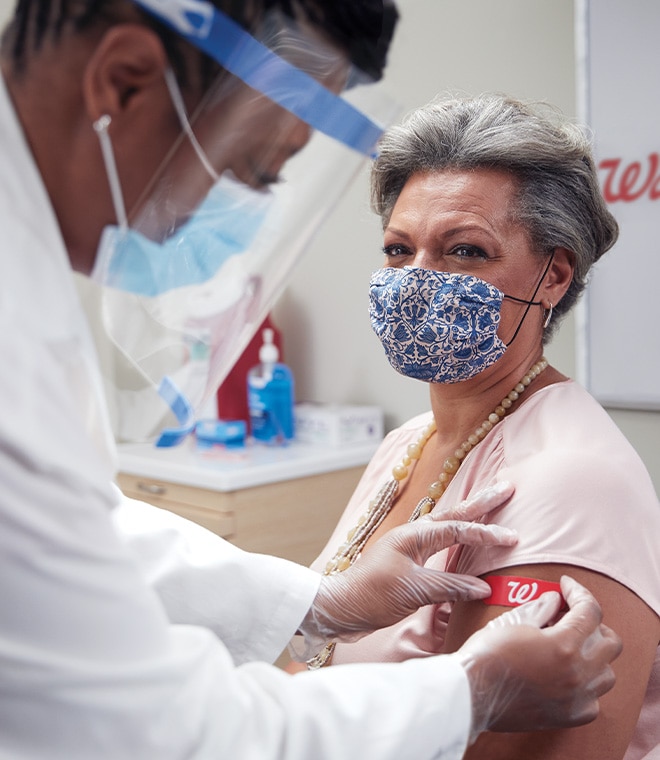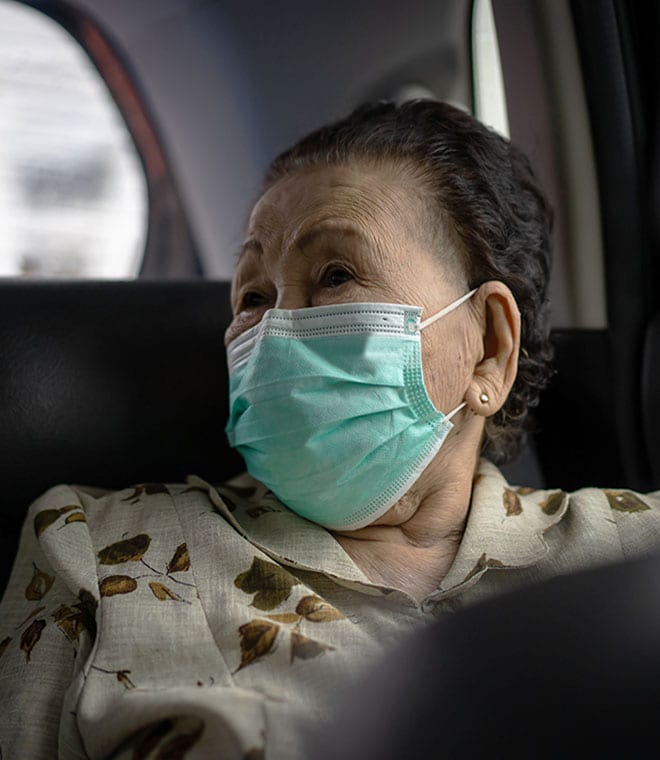Health
How do different COVID-19 vaccines work?
By Jenilee Matz, MPH Oct 21, 2025 • 4 min
COVID-19 vaccines work with your immune system to help protect you if you're exposed to the virus that causes COVID-19. Learn the basics about available vaccines and how they work to help protect you from COVID-19.
Immune system basics
To understand how the COVID-19 vaccines work, it helps to know how your immune system fights pathogens, like COVID-19. When SARS-CoV-2, the virus that causes COVID-19, invades your body, you develop an infection. The body has several types of white blood cells, and each helps to fight off the infection:
- Macrophages consume the virus-infected cells.
- B-lymphocytes make antibodies that can latch on and destroy the invading virus.
- T-lymphocytes, or memory cells, attack cells that are infected with the virus.
After you recover from the infection, your immune system remembers defend itself against future exposures. In fact, the body keeps a few memory cells for a set amount of time. These memory cells allow your immune system to respond faster and more efficiently the next time you are exposed to the same pathogen. Note that it isn't known yet how long memory cells protect you against the virus that causes COVID-19.
How vaccines help
COVID-19 vaccines allow you to build an immune response to the virus that causes COVID-19 without having to get the illness. There are two types of COVID-19 vaccines, and each works differently:
Messenger RNA (mRNA) vaccines deliver a genetic template, mRNA, that gives instructions to the cells on how to make a copy of a protein that is found on the surface of the COVID-19 virus. The cells make a small portion of the protein without causing illness. (After the protein piece is made, the cells destroy the mRNA from the vaccine.) The body realizes that the protein doesn't belong there and makes antibodies that can help you fight the infection if the virus enters your body in the future.
Protein subunit vaccines contain a version of a specific protein found in the virus that causes COVID-19. After vaccination, your cells will rerecognize that the protein doesn't belong there and, along with another ingredient in the vaccine, stimulate the immune system to make antibodies that can identify and attack the virus if you become exposed to it in the future.
What to expect if you get the vaccine
COVID-19 vaccines cannot give you a COVID-19 infection. They do not contain the live virus that causes the illness, so they cannot infect you. However, after getting vaccinated, your body typically needs a few weeks to build up protection. If you're exposed to COVID-19 before your body has finished building immunity, it's still possible to get infected.
Sometimes, after getting COVID-19 vaccination, symptoms, such as fever, chills or tiredness can occur. This is a sign that your body is building protection against the virus. It’s also common to have pain, swelling, and redness on the arm where the shot was given. Contact your healthcare provider if your symptoms are worrisome or if they don't improve after a few days.
The take-home message
COVID-19 vaccines have each been shown to help prevent severe illness , hospitalizations, and death from COVID-19. Receiving an updated COVID-19 vaccination is one of several actions you can take to protect yourself and others from getting sick. If you have questions about a COVID-19 vaccine, talk to your healthcare provider.
Updated October 2025.
Sources:
- https://www.cdc.gov/covid/vaccines/how-they-work.html
- https://www.cdc.gov/covid/vaccines/getting-your-covid-19-vaccine.html
- https://medlineplus.gov/ency/article/000821.htm
- https://www.cdc.gov/respiratory-viruses/prevention/immunizations.html
- https://www.genome.gov/genetics-glossary/Lymphocyte
- https://www.uptodate.com/contents/covid-19-vaccines-the-basics

